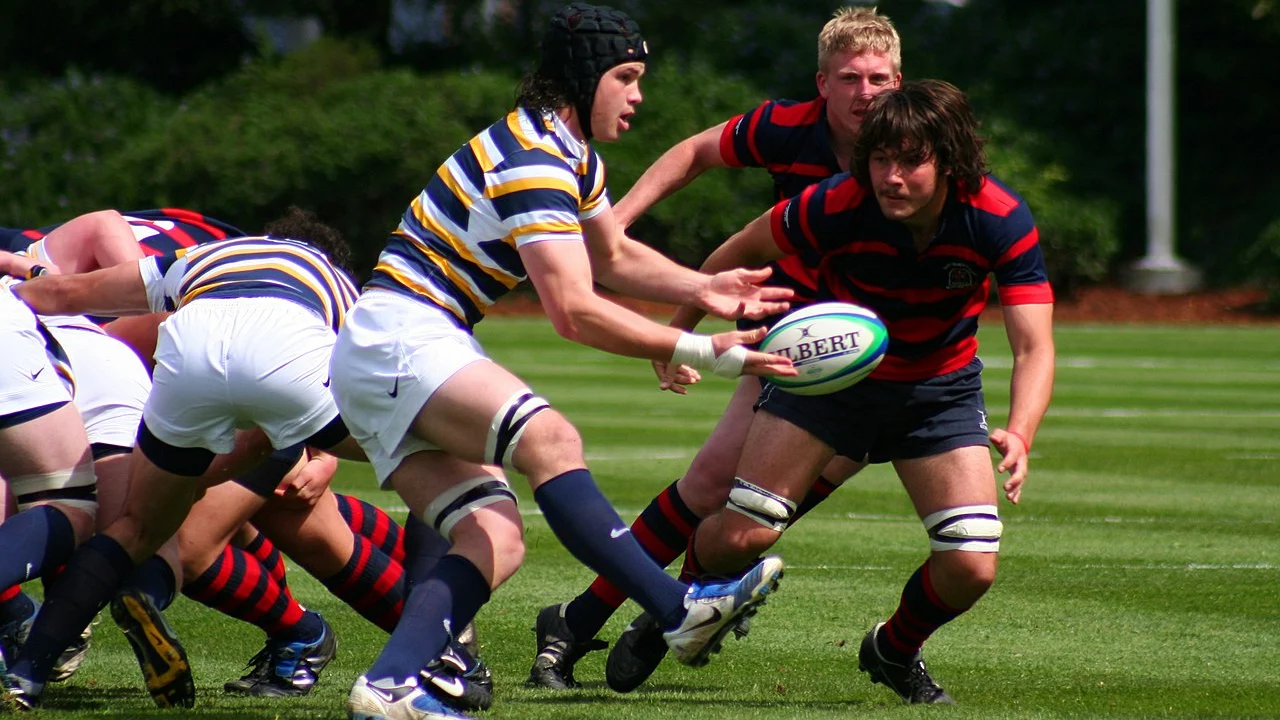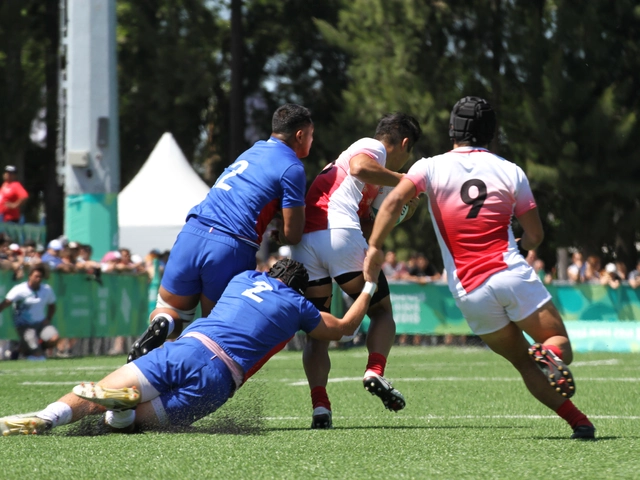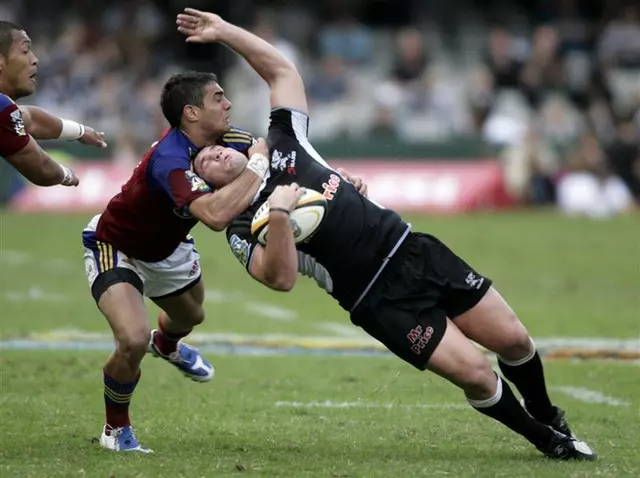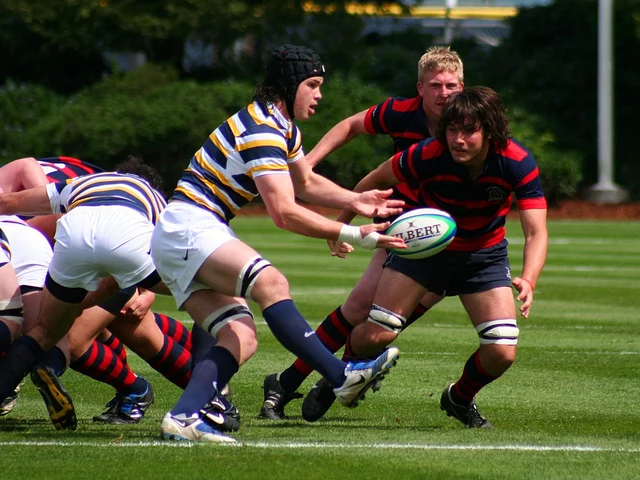American Colleges and Rugby: Your Quick Guide
If you’re a student or a newcomer looking to combine studies with the thrill of rugby, American colleges are a solid option. Unlike the hype around football or basketball, college rugby offers a tight‑knit community, regular competition, and often a chance to earn a scholarship. Below you’ll find the basics you need to get started, from spotting a program to making the most of your college rugby experience.
Finding a College Rugby Program
The first step is to identify schools that actually field a rugby team. Most Division I, II and III schools have either a varsity or club side. A quick Google search for "[school name] rugby" usually lands on the team’s page or the student‑activities site. If you can’t find a team, don’t worry – many campuses host an unofficial club that meets in the evenings. Reach out to the campus recreation office or the athletics department; they can point you to a coach or a club president.
When you’ve got a few schools in mind, compare the level of play. Varsity programs tend to have a more demanding schedule, travel farther for matches, and may offer athletic scholarships. Club teams are more flexible with practice times and often welcome beginners. Look at the team’s recent record, the strength of their league, and the coaching staff’s background. A coach who’s played at a high level can give you better training and networking opportunities.
Scholarships, Training, and Life on the Pitch
Many American colleges provide partial or full rugby scholarships, especially in regions where the sport is growing fast, like the Pacific Northwest, California and the East Coast. These scholarships usually cover tuition, a housing stipend, or equipment fees. To be considered, you’ll need a solid playing resume – highlight any high‑school or club experience, positions you’ve played, and any accolades. Send a short video of you in action, a résumé, and a personal statement explaining why you want to play at that school.
Training schedules vary: varsity squads typically practice three times a week, with strength and conditioning sessions on the off‑days. Club teams might meet twice a week after classes. Regardless of the level, expect a mix of skill drills, scrimmages and fitness work. Fitness is crucial – rugby demands stamina, speed and power, so a solid gym routine will keep you competitive.
Off the field, rugby builds a strong social circle. Team trips, post‑match celebrations and community events create bonds that last well beyond graduation. Balancing studies and sport is doable with good time management. Use campus resources like tutoring centers, academic advisors and the team’s study hall to stay on top of coursework.
In short, American colleges offer a range of rugby opportunities. Do your research, reach out early, and be ready to show your passion on the pitch. Whether you aim for a varsity scholarship or just want to stay active with a club, college rugby can be a rewarding part of your university life.
Rugby is not just a game played overseas; it's gaining traction in American colleges too. Many universities across the nation, including Harvard, Yale, and Stanford, have rugby programs. Other notable colleges with rugby teams include the United States Military Academy (West Point) and the United States Naval Academy. The sport is growing rapidly in popularity, with more colleges adopting programs each year. It's an exciting time to be a rugby fan in America!
READ MORE





